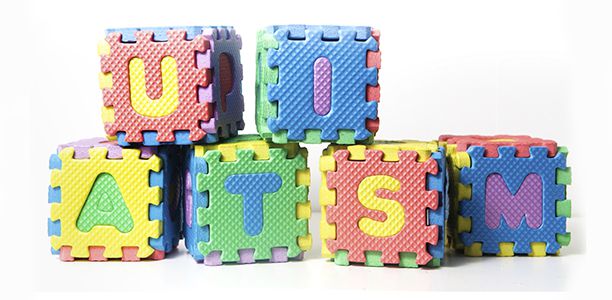A new preschool program that will help foster kind and compassionate behaviours towards children with high-functioning autism is under development at UOW.
The ‘Understanding our peers’ program, created by UOW psychologist Dr Mitch Byrne and his team, was originally developed for high school students and has recently received a top accolade at the Autism Spectrum Australia National Recognition Awards.
Dr Byrne said the program, which involves a systematic program of educational materials, discussion and guided practice, has been implemented and tested at a number of schools across New South Wales, with results showing it significantly improved the knowledge and attitudes of developing adolescents towards students with high-functioning autism.
“Students who come across as ‘a little different’ are often rejected by their peers. Accordingly, it is not surprising that typically developing students can make school an awful and rejecting experience for students with high-functioning autism,” Dr Byrne said.
“Rather than focusing on developing another individual-focused intervention to improve the social functioning of students with high-functioning autism, our program focuses on creating an intervention to manipulate the social environment of high school, to be more supportive and accepting of the differences that come with the condition.”
Dr Byrne and psychology research student, Lidija Balaz, are now working with Autism Spectrum Australia to develop a preschool version of the program which will utilise story time to enhance engagement between ‘neurotypical’ children and their peers with autism.
“It is hoped that these behaviours will persist in the transition from a preschool environment into the primary school environment and beyond,” Dr Byrne said.
An estimated one in 100 people have autism – that’s almost 230,000 Australians – and it affects almost four times as many boys than girls.
Dr Byrne said children with high-functioning autism often have above average intelligence, but struggle with communication and social interaction.
“Children with high-functioning autism might be unable to understand another person’s feelings, avoid eye contact or become obsessed with an obscure topic or toy.”
In order to make children with high-functioning autism feel more comfortable in their surroundings, Dr Byrne suggests teachers and peers modify their expectations of reciprocal engagement from children with autism and seek engagement that incorporates the autistic child’s specific areas of interest.
“Autistic children, like all children, prefer to engage in activities that they find naturally rewarding. New behaviours, such social engagement, can arise from integrating the child’s natural interests into the social and learning environment in which they occur”, Dr Byrne said.
(Source: University of Wollongong)










